Talking Parrots – Everything You Need to Know to Get Started
Many people are first attracted to parrots because of their ability to ‘talk’. And you can understand why. Often, talking parrots are hilarious and a large section of YouTube is given over to entertaining videos of parrots cracking jokes and generally saying funny things.
But how is it a species of bird can do this, and can they really understand language? And which species of parrot make the best talkers?
Birds Love to Vocalise
Anyone who knows anything about birds will know that most of them love to vocalise. If you’ve ever experienced the dawn chorus, you’ll have heard countless garden birds chirping, chattering, squealing, squawking and calling as they eagerly greet a new day.
Birds vocalise like this for a number of reasons – to mark their territory, attract mates, defend against intruders, warn off predators, communicate with their young, and for a host of other reasons. This is the same the world over for almost every species of bird, wild parrots included.
But why is it some birds talk, and others don’t?
Most birds that have the ability to talk live in flocks, and that is no coincidence. Social birds have to be able to tell which birds belong to their flock and which ones do not, as those that do not might be trying to steal resources such as food or mates.
To do this, many of the more intelligent species, and parrots are very intelligent, have evolved to copy each other’s ‘catchphrases’ – short vocalisations that other birds in the flock make. This enables them to identify themselves as members of that flock and not be driven away as a rival.
Over millions of years, this has given parrots an amazing ability to mimic each other and other sounds they hear. When it comes to kept parrots, which are only a few generations removed from parrots in the wild, the sounds they most often hear are people speaking. Hence, they copy this as they would other parrots in their flock.
So, sadly parrots talk by copying what they hear. They don’t understand English no matter how convincing they might be!
Which Parrots are the Best Talkers?
Far and away the best talking parrot is the African grey. African Greys have a unique ability to mimic the sound of the human voice to such an extent, it is easy to believe they do understand our language!
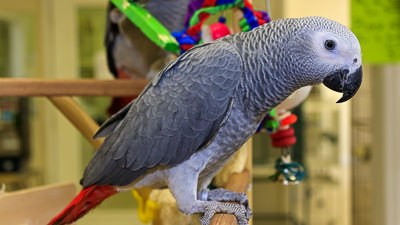
In fact, African Greys often learn up to 1,000 words or more and learn to use these words coherently and in context. It goes to show just how intelligent these parrots are.
But they’re not the only ones; other parrots make good talkers too. Amazon parrots, for example, can often develop a vocabulary of around 300 words and phrases, and the Indian Ringneck Parakeet of around 250. The Eclectus Parrot is famed for the excellent clarity of its speech, which makes it one of the most popular species.
Training your Parrot to Talk
Training your parrot to talk isn’t necessarily a difficult task, but it should be done sensitively so as not to stress the bird and to get the best results.
The first and most important thing to do is to put time into bonding with your pet, to ensure a level of trust builds up between the two of you. Many birds bond with just one person, so ensuring that is you is the first step to success.
Another thing to consider is that as intelligent birds, parrots naturally have different personalities. Some might be outgoing and quick to speak. Other birds will be shyer. Just because your bird is shy and slower to speak doesn’t mean they won’t do with time and patience. So even if your parrot doesn’t seem like a natural talker to begin with, persist sensitively with the approach below, and the chances are that once they’ve gained confidence, they will soon start talk.
After you’ve bonded with your bird, follow these simple tips to encourage your parrot to speak:
- Parrots learn through repetition so hearing the words you want them to say multiple times will lead to more effective learning.
- Start with simple words such as hello, goodbye or your name if it is not too complicated and say these over and over until your parrot starts to copy them.
- Use a bright and positive tone, as this will engage your pet more than a dour tone or monotone voice.
- Try to set aside some time every day for training, as this will lead to quicker and better results.
- Don’t overload your parrot with lots of different words. Stick to a few simple words to start with, until they get the hang of mimicking you.
- You can use treats as rewards for correctly pronouncing words, but don’t feed too many and do monitor your bird’s weight to ensure training is not detrimental to their health.
- Finally, be careful which words you teach your bird as they cannot tell the difference between what is appropriate for polite society and what is not!
Once you commence training with your bird, if they enjoy talking, they may well go on to mimic lots more words and phrases used by you and your family in day to day life, building up a large vocabulary.
One famous budgie even managed to master more than 1,700 words across its lifetime, making it the world’s most well-spoken bird!
Teaching your parrot to talk is a wonderful way of helping them become an even more valued and vocal member of your own flock.
Done sensitively, it will help you bond even more closely with your feathered friend and enhance the happiness you will share over the years you spend together.
Our Recent Posts Giving Advice and Guidance on Parrots & Parakeets
The Galah – an Aussie Legend That Makes a Great Companion
Reading Time: 10 minutes ‘You flaming Galah’ is a term coined for someone who has made a fool of themselves, however, Galahs, which are part of the Cockatoo family, are actually very intelligent and can be quite a complex bird. While Galahs are not native to the UK they have been bred and kept in captivity for many years and in many cases make affectionate pets. Let’s look at the background of this colourful character, its diet, habitat and behaviour and what you need to know if you are considering taking one as a companion.
Ahoy the Mighty Macaws – the Pirate’s Favourite!
Reading Time: 15 minutes Mention the word parrot and the first thing many people think of is a Macaw. Sat abreast many a pirate’s shoulder in books, TV, films and cartoons, these colourful, long-tailed birds are big, beautiful, instantly recognisable as the archetypal parrot, and always happy to take a tasty treat from their owner.
Johnston & Jeff Appointed as Exclusive Distributor of Innovative New Pelleted Bird Food
Reading Time: 6 minutes We are very excited to have been appointed as the exclusive UK distributor for an innovative new pelleted bird feed. Italian manufacturer Fiory has created a cold pressed pellet range called Micropills, suitable for parrots and parakeets, and has signed an exclusive deal with us to sell it in the UK.



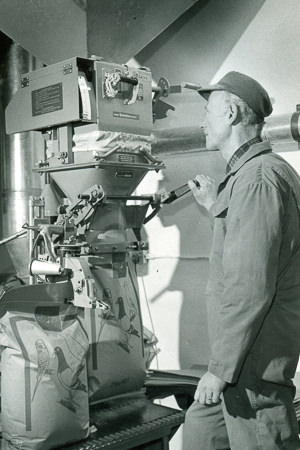


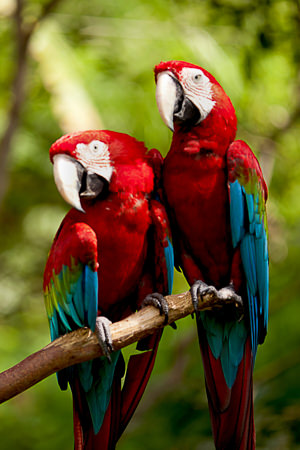
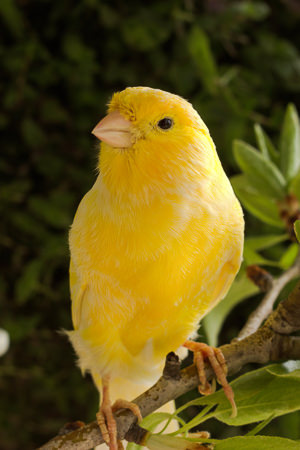
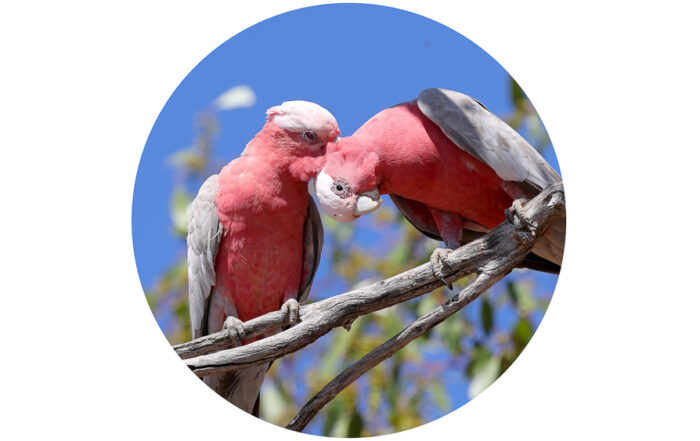


Leave A Comment